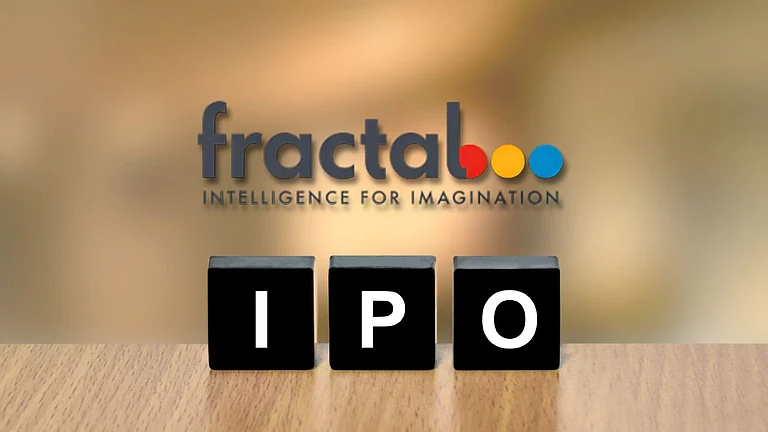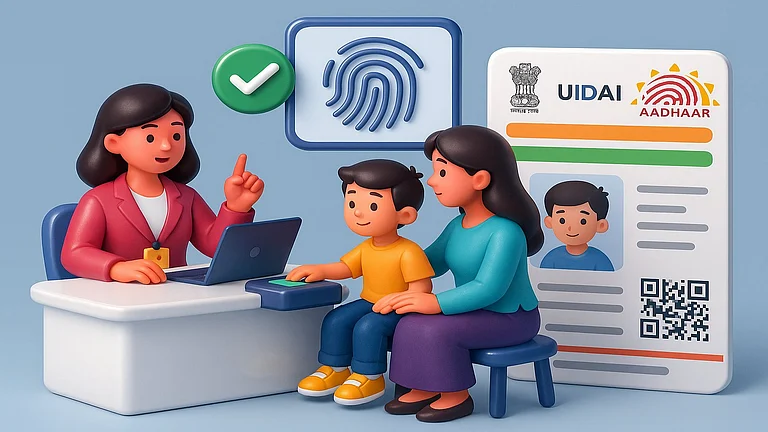One of the most significant announcements in the Budget was the proposal of a 30 per cent tax on any income or transfer of digital assets without any deductions being allowed. This raises two questions. How will crypto gifting be taxed? And how will taxation work in case cryptocurrencies and other digital assets are received as compensation?
How Does Normal Gift Tax Work?
First, we need to understand how gift tax works. Gift of any money or specified property—this is an exhaustive list that includes shares, immovable property, jewellery, artwork, bullion, and more—are taxed in the hands of the recipient, i.e., the person receiving the gift, under the head “Other Income”. The tax rate follows that of the individual or the corporate receiving such gift. Gifts among relatives or gifts received during marriage are excluded from this. Also, gifts of aggregate value not exceeding Rs 50,000 are excluded.
How Will Tax On Crypto Gifts Work?
Explains Sridhar R., partner, tax, Grant Thornton Bharat: “Budget 2022 has proposed to include virtual digital asset (covering cryptocurrencies and non-fungible tokens or NFTs and any other asset that provides for a digital representation of value and that can be transferred, stored or traded electronically) within the meaning of “property” for the purpose of taxing such gift in the hands of the recipient.”
Now, the recipient of a virtual digital asset (of aggregate value in excess of Rs 50,000) will be taxed on receiving such an asset. The recipient can be any person (individual, corporate, partnership, resident or non-resident). The same rules that apply to ascertaining the cost basis of the property would apply to determining the value on which the asset should be taxed. It is expected that the government will come out with detailed rules (like in the case of equity shares and immovable property) to determine the value of such crypto-assets.
Tax On Compensation In Terms Of Cryptocurrencies, Other Digital Assets
In some organisations, employees receive cryptocurrencies or other digital assets as part of their compensation package.
“Budget 2022 introduced a tax on ‘Virtual Digital Assets (VDAs)’ such as cryptocurrency at the rate of 30 per cent. There is no specific aspect in the law that addresses this situation where Bitcoins are exchanged in place of goods and services. The (Finance) Bill refers to ‘transfer of virtual digital assets’ for a consideration, however, the term ‘transfer’ itself has not been defined. Note that transfer of a ‘capital asset’ (which is different from a VDA) is very well-defined in the Income-tax Act,” says Archit Gupta, CEO of Cleartax.in, a tax portal.
It is important to have a clear definition because several types of transfers take place under cryptocurrencies, such as: airdrops, staking, forking, P2P, wallet to wallet transfers, VDAs exchanged in place of goods and services (such as on purse.io), etc.
“Applying normally-accepted principles to this scenario, two tax events may arise here,” adds Gupta.
The first taxable event will arise when the employee receives the compensation. In such a scenario, the fair market value (FMV) as on the day of receipt may be taken as the consideration received. Such an amount will be taxable as 'salary income' in the hands of the employee.
The next taxable event will arise when the VDAs are further sold or transferred. In this case, 30 per cent tax will apply on the gains arising from the transfer. However, in such a scenario, cost may have to be taken as zero.
As of now, there are several grey areas in transfer and taxability of crypto assets—be it as a gift or as compensation—where more clarity is awaited from the government.














